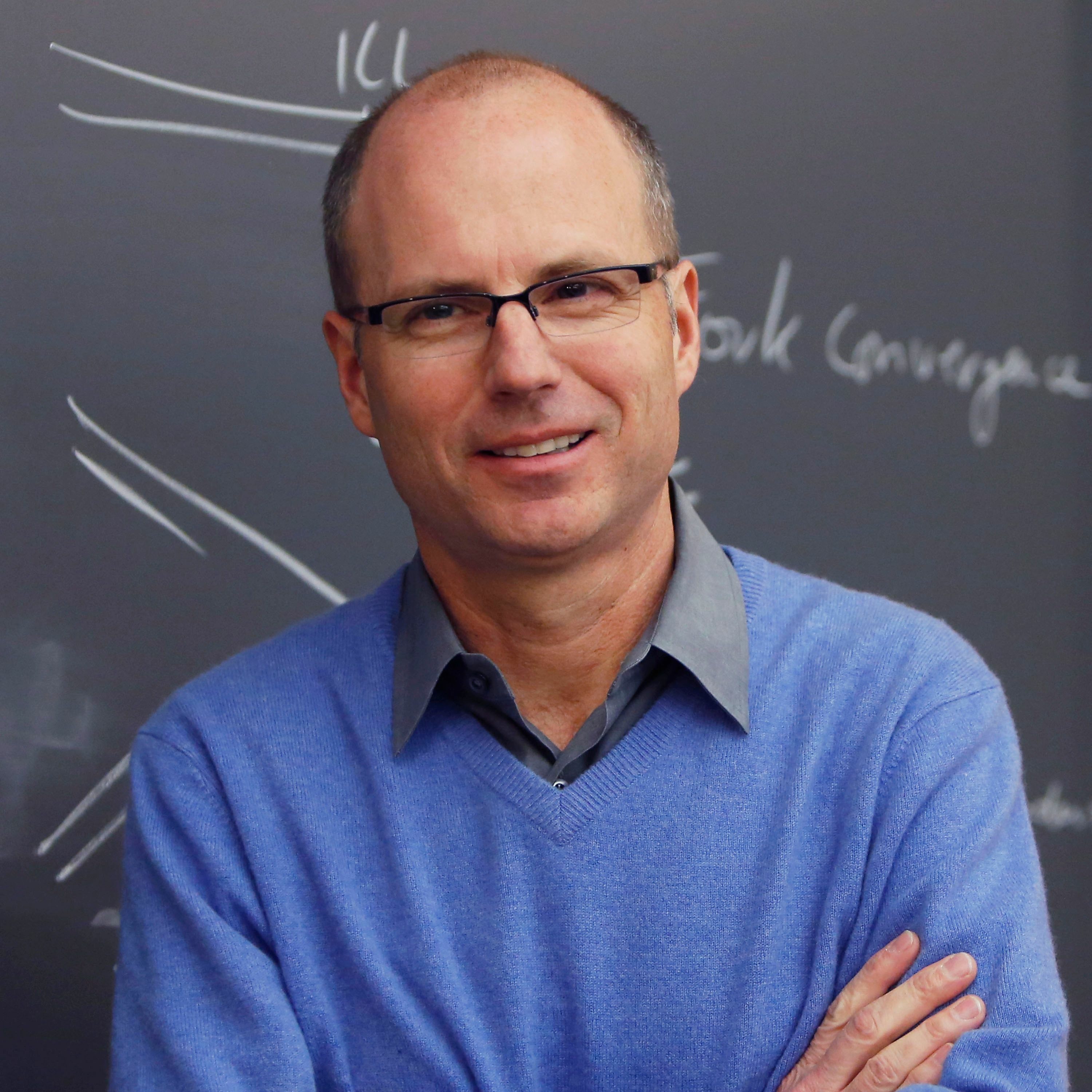Targeting the molecular mechanisms that drive cancer

What is it that goes so wrong when cancer cells develop the ability to divide indefinitely? \n\nDr. Johannes Walter joined the TheoryLab podcast to help answer that question. He and his lab are at the leading edge of discovery science aimed at understanding DNA replication and repair, areas that are critical to understanding cancer and developing new therapies. \n\nJohannes Walter, PhD, is an American Cancer Society Research Professor, Professor of Biological Chemistry at Harvard Medical School, and Member of the Howard Hughes Medical Institute. Research Professor. He\u2019s also the co-founder of MOMA Therapeutics, which aims to \u201cdiscover the next generation of precision medicines by targeting the molecular machines that underlie human disease.\u201d\n\n3:04 \u2013 What is DNA? Why is it so important to cell division?\n\n7:39 \u2013 What causes DNA damage?\n\n11:34 \u2013 How damaged DNA is most often repaired\n\n14:36 \u2013 When DNA repair goes wrong\n\n17:43 \u2013 Using frog egg extract to study DNA repair and understand cancer in humans\n\n21:44 \u2013 Why frog egg extract? Why not an extract from human cells?\n\n24:47 \u2013 While cells have around 10 different strategies for repairing DNA, his lab is studying a process where DNA repair is coupled with DNA replication\n\n29:05 \u2013 On what can go wrong in a cancerous cell\n\n32:00 \u2013 \u201cSynthetic lethality\u201d \u2013 an exciting way that his research into DNA repair could lead to improved cancer treatments\n\n35:27 \u2013 How his team recently began to work on something called strand discontinuity \n\n38:13 \u2013 How ACS funding has impacted his career\n\n40:34 \u2013 A message he\u2019d like to share with cancer patients, survivors, and caregivers